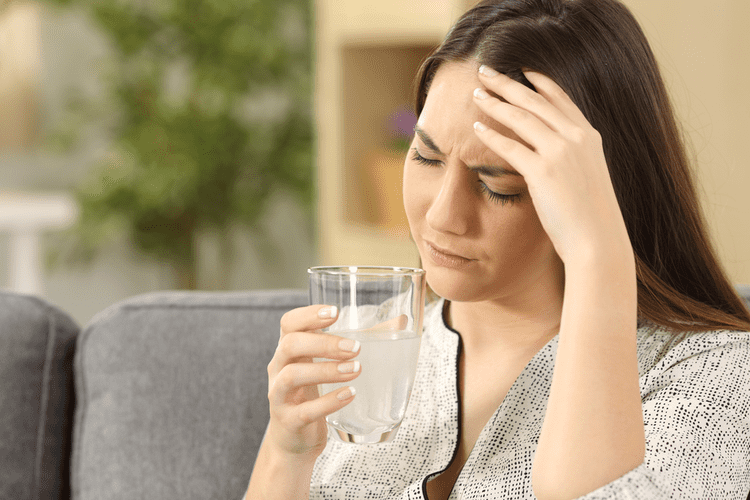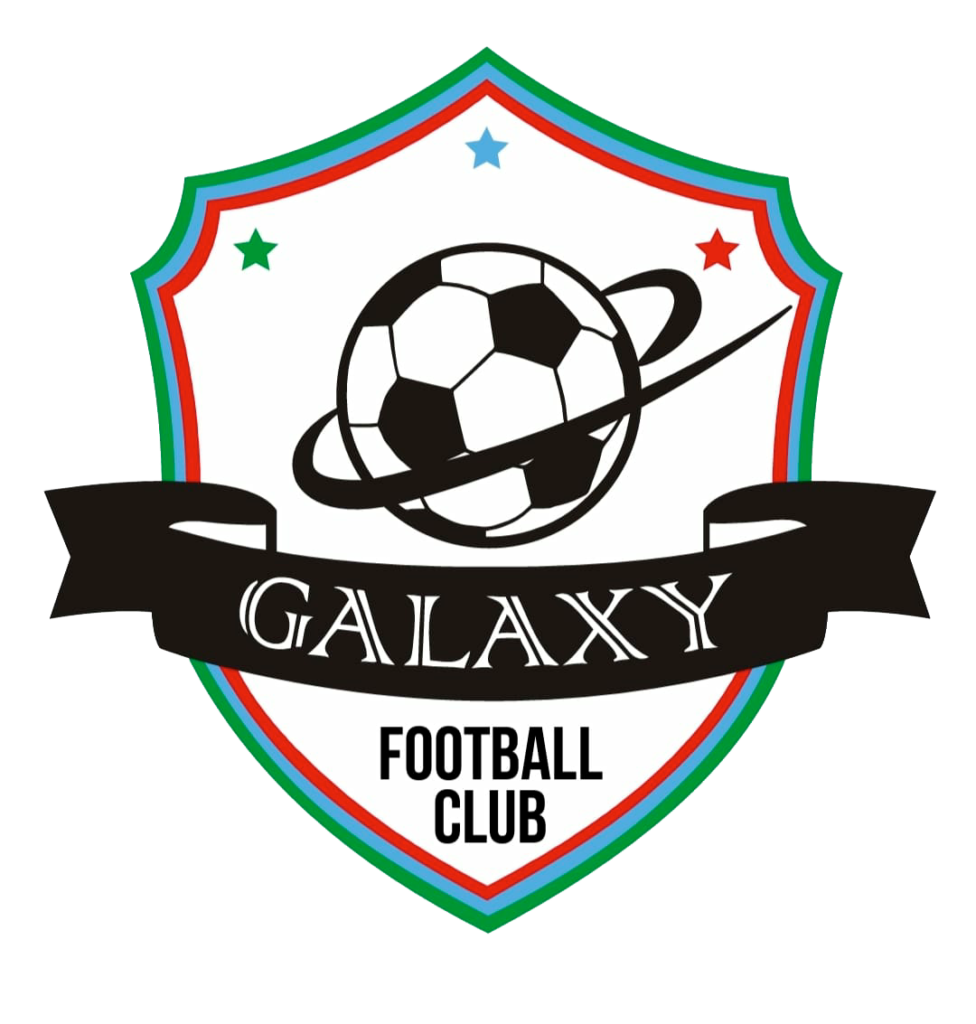Sober living
Getting Back on Track: What to Do After Relapse
Content
Not that I understand football … but there is a lot to watch besides the cheerleaders. Like my children trying to score all kinds of junk food. As an industry professional 12 Keys has become one of my most trusted resources. Patient care and engagement are always top notch, and I know that I can always trust that the patient and their families will be in the best position to recover. Solid clinically, and more importantly these are good and genuinely caring people.
- But it did not produce the results like the old days… it made things worse….the desire was there in principle but the body said not tonight Don..
- As you work with your sponsor to begin your recovery steps again, it may feel as though you are starting at square one.
- In the recovery world, a “lapse” (also commonly referred to as a “slip”) is a single instance of drinking after being abstinent.
- In other words, it is a person’s belief in his or her ability to succeed in a particular situation.
- The next time you come across a trigger, call someone on your support team.
A single use might cause a person to feel unmotivated, guilty, or ashamed of their actions. It can also result in intense cravings that then continue to further use. After a relapse, getting back on track as soon as possible is important. Verywell Mind articles are reviewed by board-certified physicians and mental healthcare professionals. Medical Reviewers confirm the content is thorough and accurate, reflecting the latest evidence-based research.
Returning to the Road to Recovery
Having a strong support network is vital to addiction recovery. The level of support a person receives in the months following their initial drug treatment will play a key role in preventing or causing a relapse to occur during this vulnerable time. Relapse can be a natural part of the recovery process for many people suffering from drug or alcohol addiction.
Eating nutritious foods can give your body the care it needs. For example, you might start to experience some of the emotions you did while you were using. These emotions can include mood swings, what to do after a relapse irritability, or avoiding loved ones. Relapse does not mean you have failed at recovery. Look to your future and envision what you want it to look like, then do the work to get there.
Triggers and Warning Signs of Relapse: What to Look Out For
Often, this stage accompanies cravings and intrusive thoughts that convince you the bad effects of the substance you abused weren’t that bad. You also start finding reasons why using again might be a good idea. Getting through rehab and going on to your recovery journey and daily schedule is a huge accomplishment.

Your detox after relapse depends on how long your relapse has occurred and how much you used. But, as time goes on, you find yourself back to where you were before you started addiction recovery in the first place. Remember that addiction is often the result of coping with an underlying mental health issue. Then, you get bad news, and suddenly, you feel triggered. You go back to using or drinking as a way to cope with the unexpected.
When Is It Time For An Intervention?
If you can’t bring yourself to meet in person, make a phone call or send an email or text. The important part is to reestablish contact and let them know you’re https://ecosoberhouse.com/ struggling. For someone who’s relapsed on drugs or alcohol, speaking to a therapist can be a huge help in recovering and avoiding it in the future.
- Concerned because the amount of my consumption keeps increasing and time of day doesn’t matter anymore.
- Beat myself up while everyone around me took their shots at me as well.
- Seems to be my pattern as I go months at a time and then crash.
- Before you can move forward after a relapse, it’s important to look at why the relapse occurred in the first place.
- Relapse – back to balance – light at end of tunnel – relapse and repeat.
